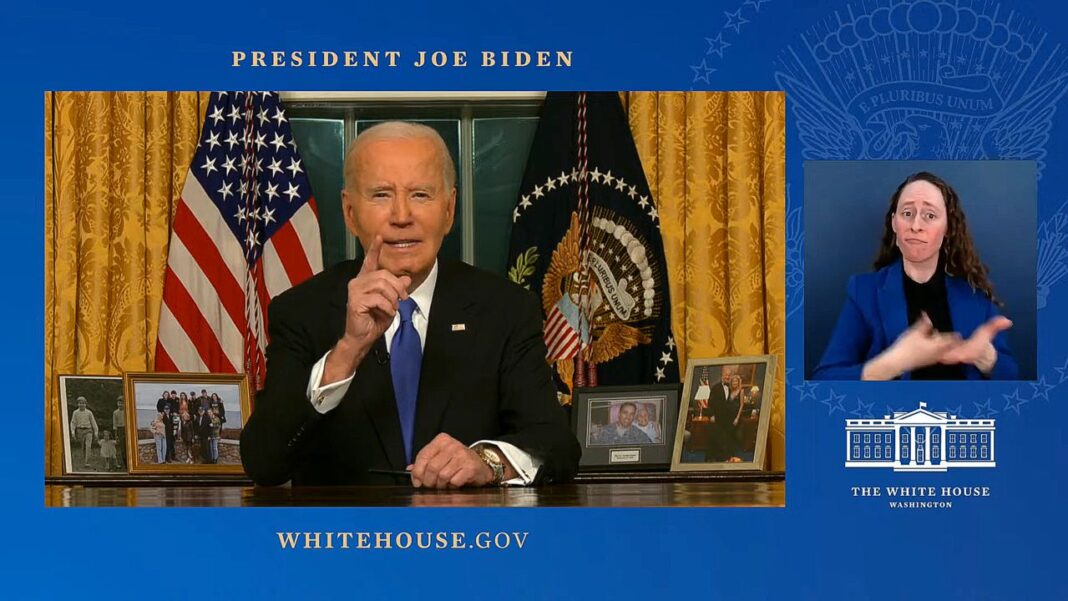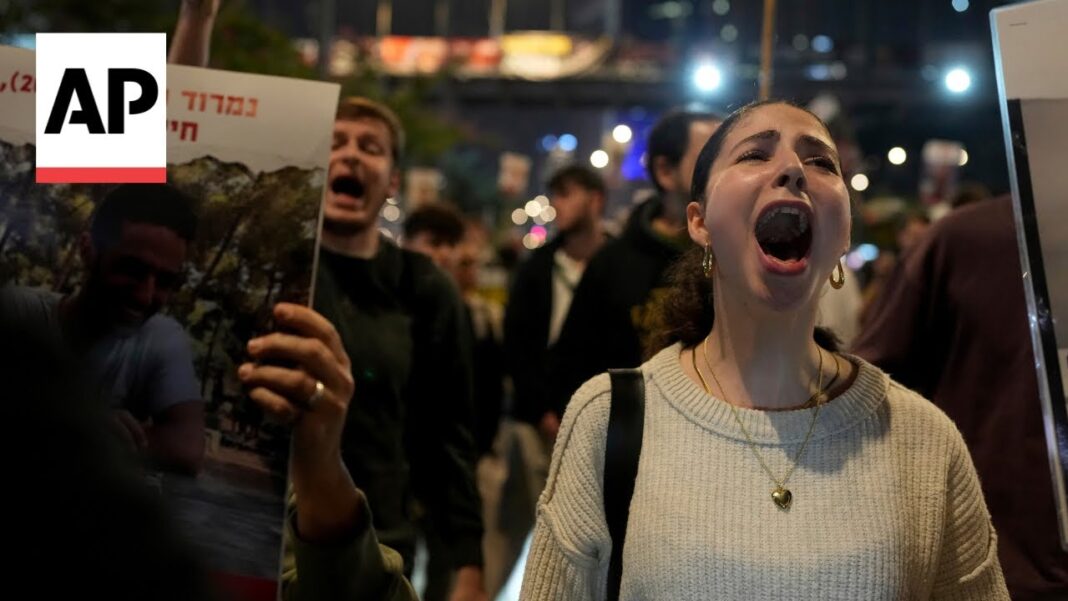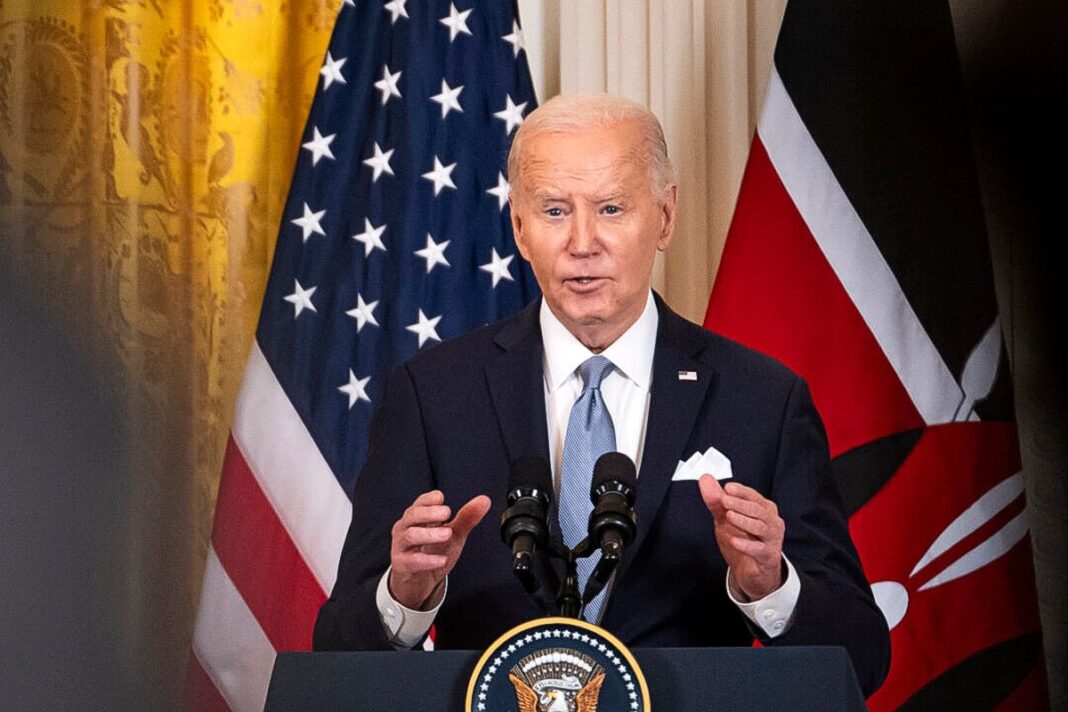The move marks the largest single-day act of clemency in modern history.
President Joe Biden said on Jan. 17 that he is commuting the sentences of nearly 2,500 individuals, marking the largest single-day act of clemency in modern history.
The latest pardons are being granted to people who were convicted of non-violent drug offenses and who are serving “disproportionately long” sentences compared to those they would receive today under current law, policy, and practice, Biden said in a statement published by the White House.
Biden pointed to two pieces of legislation: the Fair Sentencing Act of 2010, which reduced the disparity in sentences for crack cocaine and powder cocaine offenses from a weight ratio of 100 to 1 to 18 to 1, and the First Step Act of 2018, aimed at reducing the size of the federal prison population while promoting rehabilitation.
The previous weight ratio of 100 to 1 meant that 5 grams of crack cocaine, for example, was treated as equivalent to 500 grams of powder cocaine for sentencing purposes.
“Today’s clemency action provides relief for individuals who received lengthy sentences based on discredited distinctions between crack and powder cocaine, as well as outdated sentencing enhancements for drug crimes,” Biden said. “As Congress recognized through the Fair Sentencing Act and the First Step Act, it is time that we equalize these sentencing disparities,” Biden said.
With this latest action, Biden has now issued more individual pardons and commutations than any president in U.S. history.
“This action is an important step toward righting historic wrongs, correcting sentencing disparities, and providing deserving individuals the opportunity to return to their families and communities after spending far too much time behind bars,” Biden said. “I am proud of my record on clemency and will continue to review additional commutations and pardons.”
The White House did not immediately release the names of those receiving commutations.
Biden Pardons Hunter, Death Row Inmates
In December 2024, Biden said he was pardoning 39 people and commuting the sentences of nearly 1,500 others who had been convicted of nonviolent crimes such as drug offenses. The president said at the time that these commutation recipients were placed in home confinement during the COVID-19 pandemic and “have successfully reintegrated into their families and communities and have shown that they deserve a second chance.”







